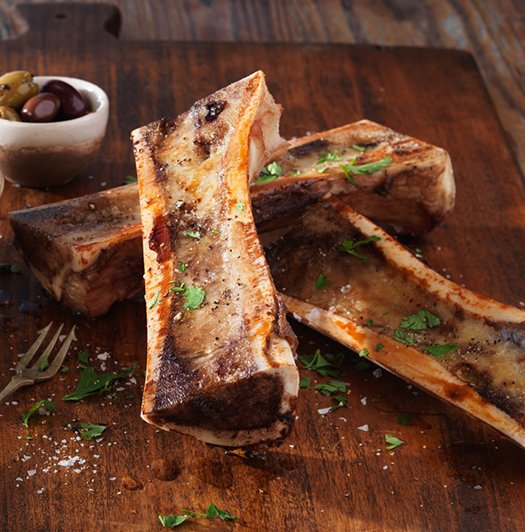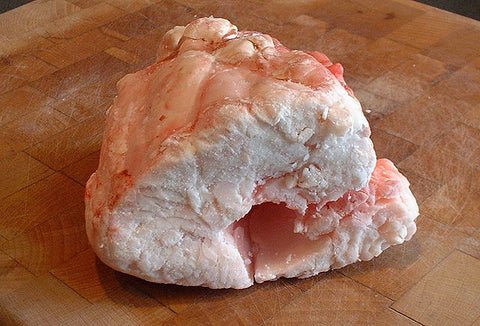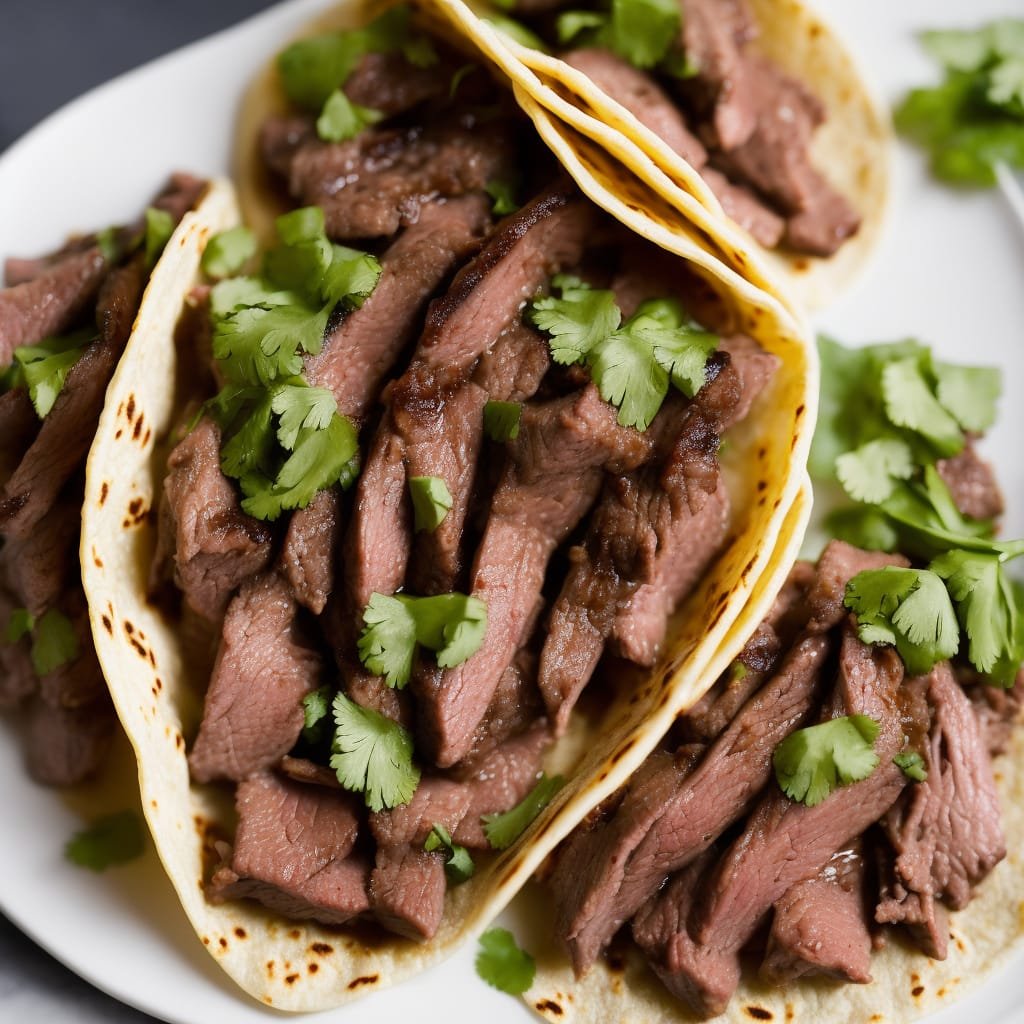 Image 1 of
Image 1 of


Liver
Beef Liver: A Nutritional Powerhouse
Beef liver is often hailed as one of nature’s most concentrated sources of essential nutrients. This organ meat is packed with vitamins and minerals, making it a fantastic addition to your diet.
Nutritional Benefits
Vitamin A: Beef liver is exceptionally rich in Vitamin A, crucial for maintaining healthy vision, immune function, and skin health.
B Vitamins: It provides a significant amount of B vitamins, particularly B12, which is important for red blood cell formation and overall energy.
Iron: The iron found in beef liver is heme iron, which is more easily absorbed by the body compared to plant sources.
Copper: This mineral plays a vital role in iron metabolism and the formation of red blood cells.
Culinary Uses
Beef liver can be prepared in various ways. Here are a few simple ideas for incorporating it into your meals:
Pan-Fried: Quick-cook slices in a hot skillet with a bit of seasoning for a delicious main dish.
Liver Pâté: Blend with cream, herbs, and spices to create a rich spread for crackers or bread.
In Soups and Stews: Add diced liver to enrich your favorite soups or stews for an extra boost of nutrients.
Tips for Cooking
Soak It: Soaking beef liver in milk for a few hours before cooking can help to mellow its strong flavor.
Don’t Overcook: To maintain its tenderness, cook liver just until it is no longer pink in the center.
Beef liver is not just a culinary staple but a nutritional powerhouse that can elevate your health. Adding it to your diet may provide significant benefits, making it worth considering if you're looking for nutrient-dense food options!
Beef Liver: A Nutritional Powerhouse
Beef liver is often hailed as one of nature’s most concentrated sources of essential nutrients. This organ meat is packed with vitamins and minerals, making it a fantastic addition to your diet.
Nutritional Benefits
Vitamin A: Beef liver is exceptionally rich in Vitamin A, crucial for maintaining healthy vision, immune function, and skin health.
B Vitamins: It provides a significant amount of B vitamins, particularly B12, which is important for red blood cell formation and overall energy.
Iron: The iron found in beef liver is heme iron, which is more easily absorbed by the body compared to plant sources.
Copper: This mineral plays a vital role in iron metabolism and the formation of red blood cells.
Culinary Uses
Beef liver can be prepared in various ways. Here are a few simple ideas for incorporating it into your meals:
Pan-Fried: Quick-cook slices in a hot skillet with a bit of seasoning for a delicious main dish.
Liver Pâté: Blend with cream, herbs, and spices to create a rich spread for crackers or bread.
In Soups and Stews: Add diced liver to enrich your favorite soups or stews for an extra boost of nutrients.
Tips for Cooking
Soak It: Soaking beef liver in milk for a few hours before cooking can help to mellow its strong flavor.
Don’t Overcook: To maintain its tenderness, cook liver just until it is no longer pink in the center.
Beef liver is not just a culinary staple but a nutritional powerhouse that can elevate your health. Adding it to your diet may provide significant benefits, making it worth considering if you're looking for nutrient-dense food options!
Beef Liver: A Nutritional Powerhouse
Beef liver is often hailed as one of nature’s most concentrated sources of essential nutrients. This organ meat is packed with vitamins and minerals, making it a fantastic addition to your diet.
Nutritional Benefits
Vitamin A: Beef liver is exceptionally rich in Vitamin A, crucial for maintaining healthy vision, immune function, and skin health.
B Vitamins: It provides a significant amount of B vitamins, particularly B12, which is important for red blood cell formation and overall energy.
Iron: The iron found in beef liver is heme iron, which is more easily absorbed by the body compared to plant sources.
Copper: This mineral plays a vital role in iron metabolism and the formation of red blood cells.
Culinary Uses
Beef liver can be prepared in various ways. Here are a few simple ideas for incorporating it into your meals:
Pan-Fried: Quick-cook slices in a hot skillet with a bit of seasoning for a delicious main dish.
Liver Pâté: Blend with cream, herbs, and spices to create a rich spread for crackers or bread.
In Soups and Stews: Add diced liver to enrich your favorite soups or stews for an extra boost of nutrients.
Tips for Cooking
Soak It: Soaking beef liver in milk for a few hours before cooking can help to mellow its strong flavor.
Don’t Overcook: To maintain its tenderness, cook liver just until it is no longer pink in the center.
Beef liver is not just a culinary staple but a nutritional powerhouse that can elevate your health. Adding it to your diet may provide significant benefits, making it worth considering if you're looking for nutrient-dense food options!





